RCMP seek to expose seedy relationship between New Delhi and Indian gangsters based in Canada
Published Oct 16, 2024 • Last updated 0 minutes ago • 5 minute read

After a Thanksgiving weekend of wildly contradictory accusations, irreconcilable claims and counterclaims between New Delhi and Ottawa, and a bomb scare that caused Air India to call back an airliner that was carrying 239 passengers from Mumbai to New York, diplomatic relations between Canada and India are at the point of no return.
It’s like 1985 all over again, in the days leading up to the Sikh separatist bombing of Air India Flight 182 off the coast of Ireland, which claimed the lives of 329 people. Ottawa says India is intruding in Canadian affairs. New Delhi says Canada is exporting terrorism to India.
Advertisement 2
THIS CONTENT IS RESERVED FOR SUBSCRIBERS
Enjoy the latest local, national and international news.
- Exclusive articles by Conrad Black, Barbara Kay and others. Plus, special edition NP Platformed and First Reading newsletters and virtual events.
- Unlimited online access to National Post and 15 news sites with one account.
- National Post ePaper, an electronic replica of the print edition to view on any device, share and comment on.
- Daily puzzles including the New York Times Crossword.
- Support local journalism.
SUBSCRIBE FOR MORE ARTICLES
Enjoy the latest local, national and international news.
- Exclusive articles by Conrad Black, Barbara Kay and others. Plus, special edition NP Platformed and First Reading newsletters and virtual events.
- Unlimited online access to National Post and 15 news sites with one account.
- National Post ePaper, an electronic replica of the print edition to view on any device, share and comment on.
- Daily puzzles including the New York Times Crossword.
- Support local journalism.
REGISTER / SIGN IN TO UNLOCK MORE ARTICLES
Create an account or sign in to continue with your reading experience.
- Access articles from across Canada with one account.
- Share your thoughts and join the conversation in the comments.
- Enjoy additional articles per month.
- Get email updates from your favourite authors.
THIS ARTICLE IS FREE TO READ REGISTER TO UNLOCK.
Create an account or sign in to continue with your reading experience.
- Access articles from across Canada with one account
- Share your thoughts and join the conversation in the comments
- Enjoy additional articles per month
- Get email updates from your favourite authors
Article content
It’s difficult enough to get your head around the labyrinths of the Punjabi criminal underworld in Canada, but that’s the subterranean shooting gallery of shifting alliances and fluid loyalties that was the backstory to RCMP Commissioner Mike Duheme’s extraordinary press conference in Ottawa on Monday.
It’s no easier to situate the dark passageway where India’s Research and Analysis Wing is alleged to have secured the goondas involved in the crimes Duheme explicitly laid out, including extortion, coercion, intimidation, arson and spying, specifically targeting the separatist “pro-Khalistan movement” in Canada.
While Punjabi gangs have been a serious menace for more than two decades, an intense crime wave has been underway in the South Asian community in the Greater Toronto Area, Edmonton and Metro Vancouver for more than a year. Duheme said that Indian government agents are using the crime wave as cover for its operations, and the RCMP’s investigations have even found evidence of “links tying agents of the Government of India to homicides.”
It’s almost impossible to square the circle around the diplomatic fusillades that the governments of Prime Minister Justin Trudeau and Indian Prime Minister Narendra Modi let fly at one another while the Mounties were laying out what they called a “significant threat to public safety in our country.”
By signing up you consent to receive the above newsletter from Postmedia Network Inc.
Article content
Advertisement 3
Article content
India’s Ministry of External Affairs said its high commissioner to Canada, Sanjay Verma, and several Indian diplomats and officials were recalled because “the Trudeau government’s actions endangered their safety.” According to Global Affairs Canada, the six Indian diplomats and consular officials were in fact expelled, because India declined to waive their diplomatic immunity in order to allow them to co-operate in the RCMP’s investigations.
In response, India expelled Canada’s acting high commissioner and several Canadian diplomats and officials. At the same time, Foreign Affairs Minister Mélanie Joly identified Verma and his officials as “persons of interest” in the RCMP’s investigation of the murder of Khalistani activist Hardeep Singh Nijjar in Surrey, B.C., in June 2023. That may be so, but the RCMP said its briefing on Monday was related to matters that have nothing to do with the Nijjar case.
Khalistani leaders have persistently fingered Verma as Nijjar’s assassin, going so far as to offer rewards for his apprehension, burning his effigy and posting videos of his face being shredded with bullets fired from a handgun. That’s what India’s Ministry of External Affairs was referring to in its statement about the “atmosphere of extremism and violence” in Canada.
Advertisement 4
Article content
But things really go sideways when it comes to the gangsters Indian spies are said to have put to the task of terrorizing Canadian supporters of Khalistan — the Sikh ethnostate its proponents propose to carve out of a great swathe of India’s northwest, centred on the state of Punjab. At Monday’s press briefing, Assistant RCMP Commissioner Brigitte Gauvin identified the crime syndicate associated with Lawrence Bishnoi as having links to the Government of India.
“What we’ve seen from an RCMP perspective is the use of organized crime elements … and it’s been publicly attributed and claimed by one organized crime group in particular, which is the Bishnoi group,” said Gauvin. “We believe that that group is connected to agents of the Government of India.”
One of India’s most powerful criminal warlords, Bishnoi has been in prison for a decade, but Indian police agencies say he still manages to direct his gangland empire from his prison cell. While Ottawa says the Bishnoi group is targeting Canadian Khalistanis, Delhi says that, if anything, the opposite is true.
Bishnoi’s chief lieutenant, the gangster Goldy Brar, remains at large. Indian police say Brar directs the Bishnoi group’s criminal rackets in India from right here in Canada. Last year, India’s National Investigation Agency filed a charge sheet against Bishnoi, Brar and 12 others for alleged links to Babbar Khalsa International, a listed terrorist organization in Canada.
Advertisement 5
Article content
It was from its base in Canada that Babbar Khalsa plotted and carried out the 1985 Air India bombing, the worst act of terrorism in aviation history before the events of Sept. 11, 2001. The chief Babbar Khalsa plotter, Talwinder Singh Parmar, had been living unmolested in British Columbia at the time while India was attempting to have him returned to face murder charges. Canada wouldn’t extradite him.
India’s security services also identify the Bishnoi gang’s Brar as a criminal partner of Babbar Khalsa fugitive Lakhbir Singh Landa, who was believed to be residing in Edmonton last year when India issued a warrant for his arrest on charges related to a rocket attack on the Punjab Police Intelligence Headquarters in 2021 and another rocket attack on a police station in the Punjab city of Tarn Taran in 2022.
At the core of the Canada-India standoff is New Delhi’s insistence that Canada simply hasn’t learned the lessons of the Khalistani violence of the 1980s and ’90s, which took many lives and led to the assassination of former Indian prime minister Indira Gandhi.
Case in point: when Nijjar was murdered, he was wanted on several terror-related charges in India, where police agencies say he’d been deeply involved with the outlawed Khalistan Tiger Force. Nijjar was known to advocate violence in the Khalistani cause, and India says it’s inexplicable that he obtained Canadian citizenship in the first place.
Advertisement 6
Article content
Nijjar was twice denied admission to Canada. He arrived on a forged passport in 1997 and applied for refugee status. His claim was denied the following year. He then applied through what immigration authorities determined was a marriage of convenience, and was turned down again. After Nijjar’s murder, Immigration Minister Marc Miller said he’d acquired Canadian citizenship in 2007.
The evidence for an Indian intelligence agency hand in Nijjar’s murder comes from a related murder-for-hire plot laid bare in a U.S. Justice Department indictment against Nikhil Gupta, who an Indian government official allegedly hired to arrange for the murder of Sikhs for Justice leader Gurpatwant Singh Pannun.
The Indian government has established a special inquiry into the matter, and appears to be co-operating with the United States in the FBI’s investigations. But even now, the Indian government says Canada has presented no evidence for any official Indian involvement in the Nijjar case.
India’s strongman prime minister, Narendra Modi, is openly contemptuous of the Trudeau government. Trudeau suggests that New Delhi simply doesn’t understand Canada’s commitment to free speech. So we’re pretty well back to square one.
National Post
Recommended from Editorial
-

Tasha Kheiriddin: Liberals play diaspora politics to hide their failure to address foreign interference
-

John Ivison: Canada and India need to call a swift end to their diplomatic war
Article content
.png)
 2 hours ago
7
2 hours ago
7


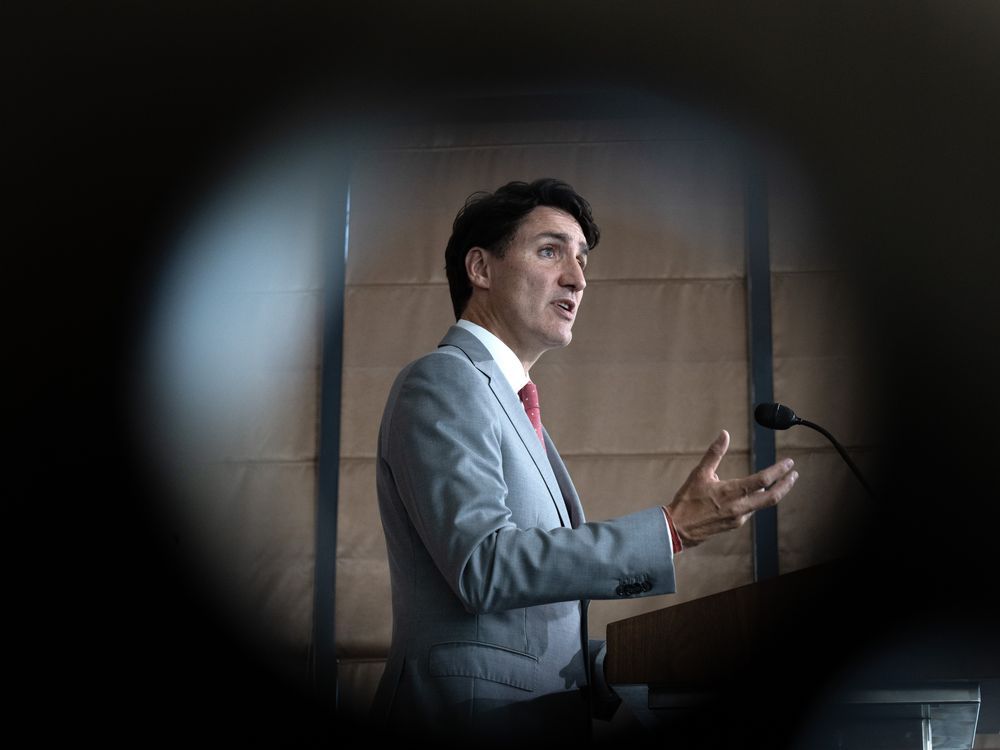
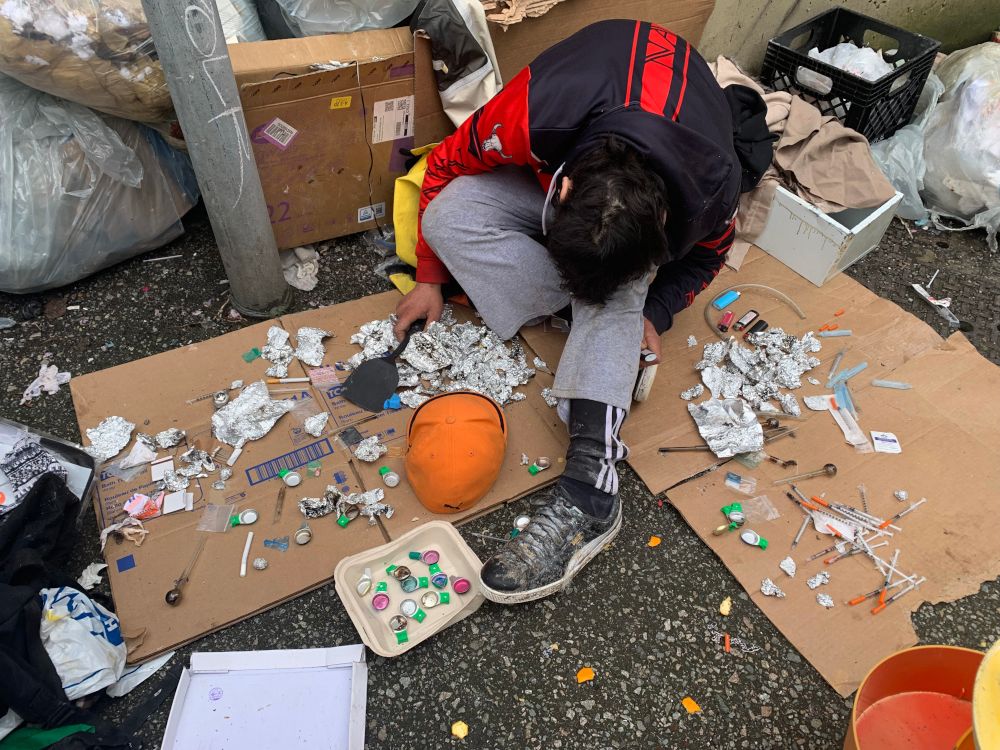
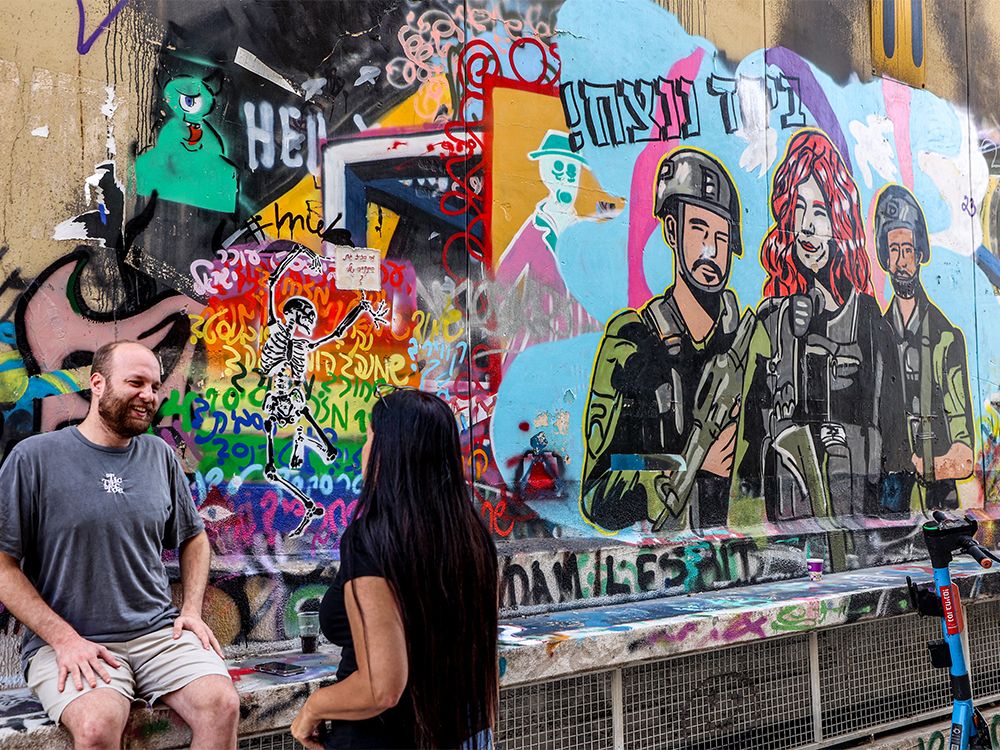

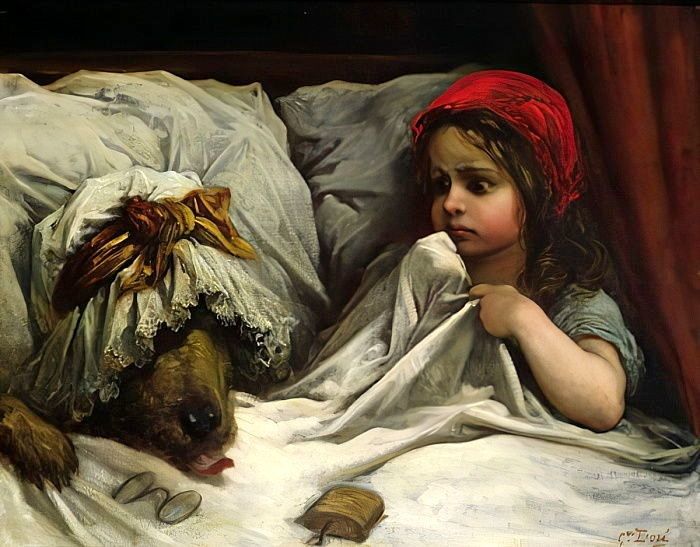
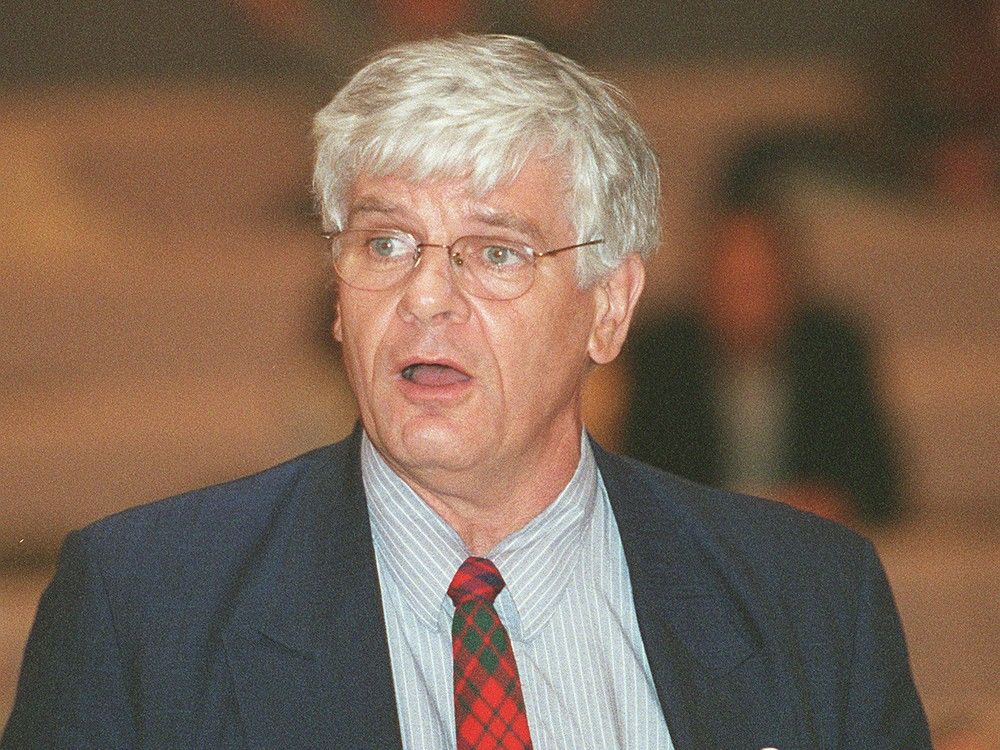
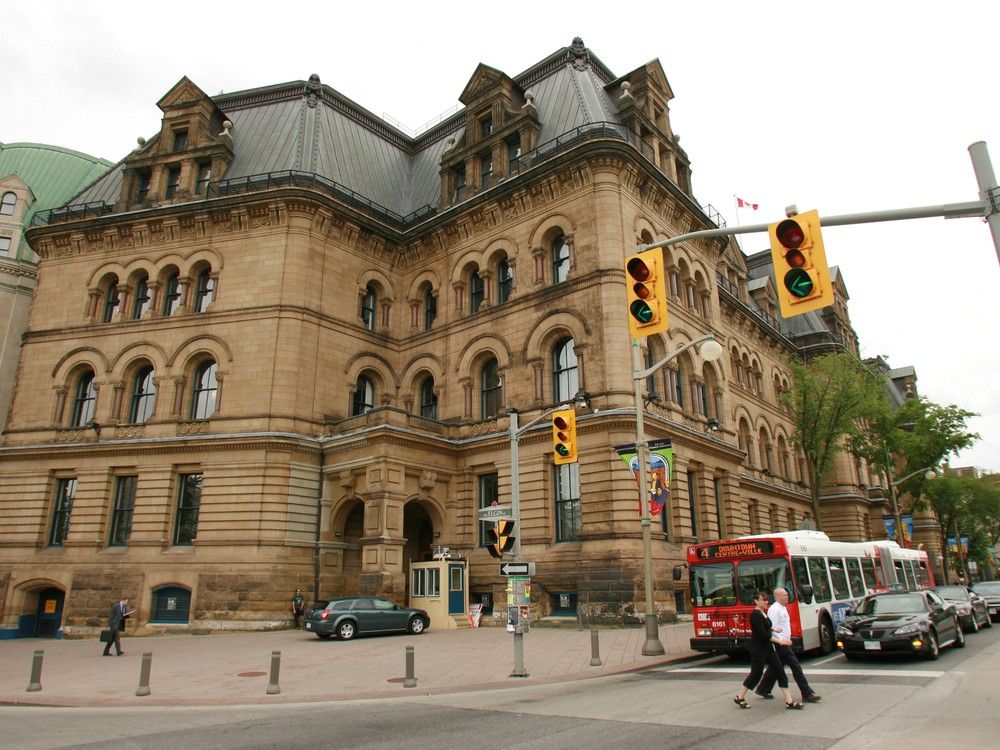
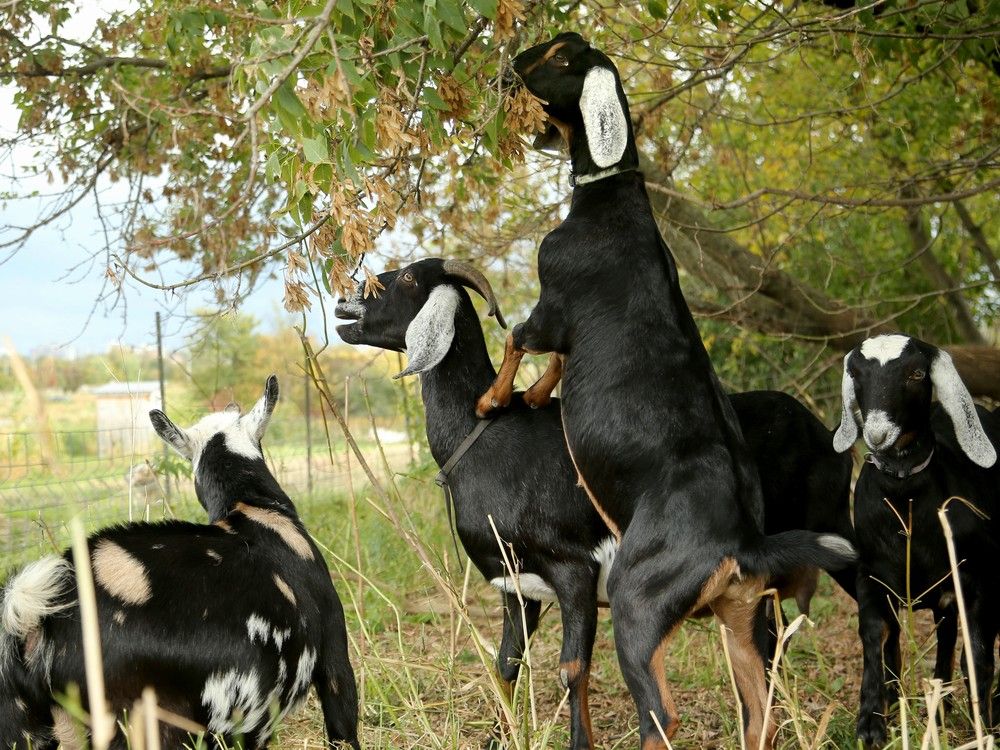


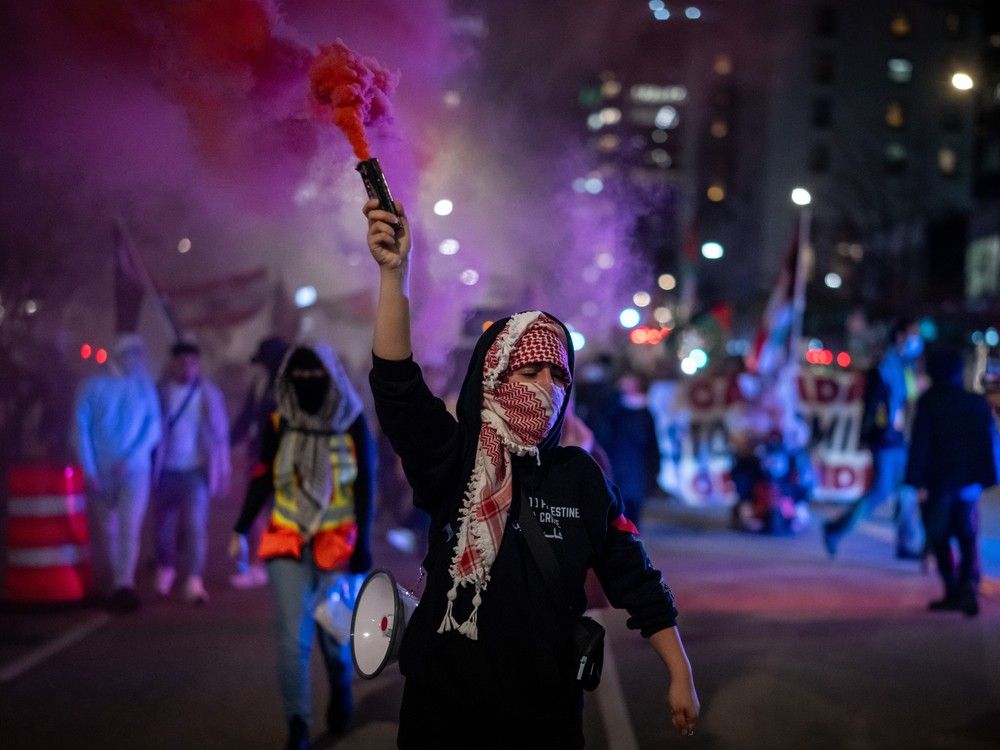













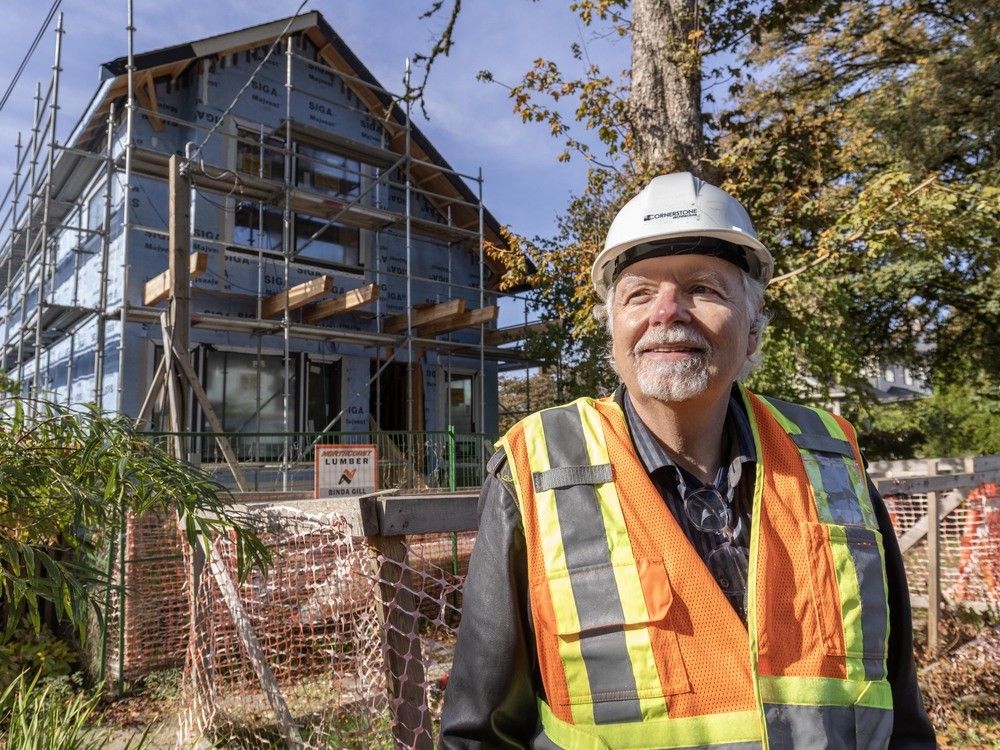
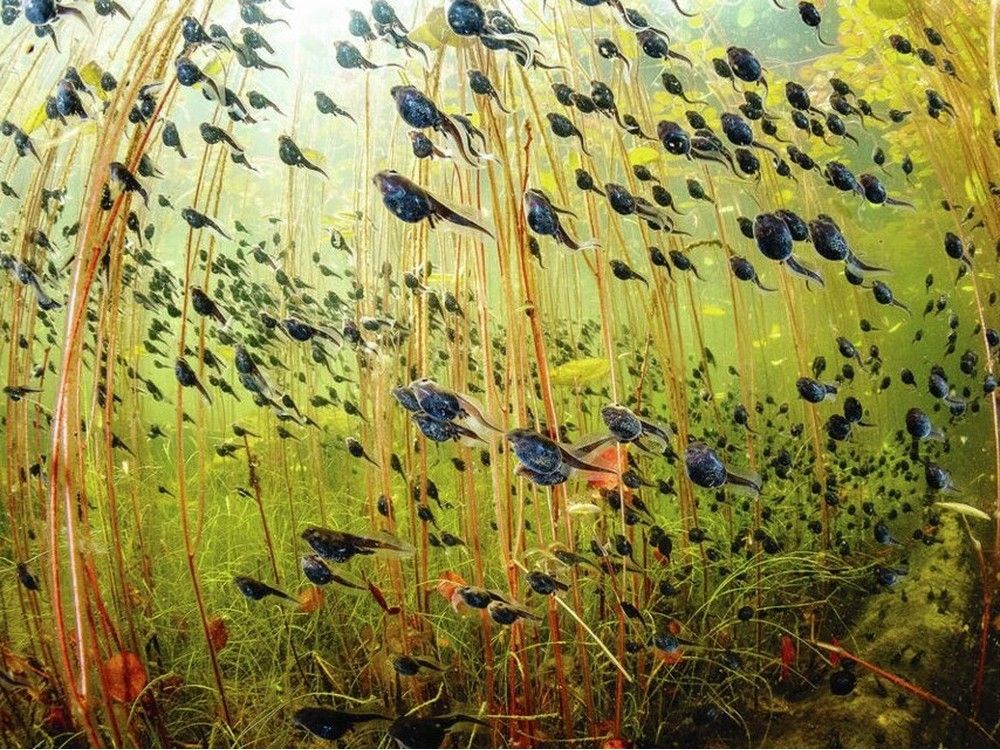
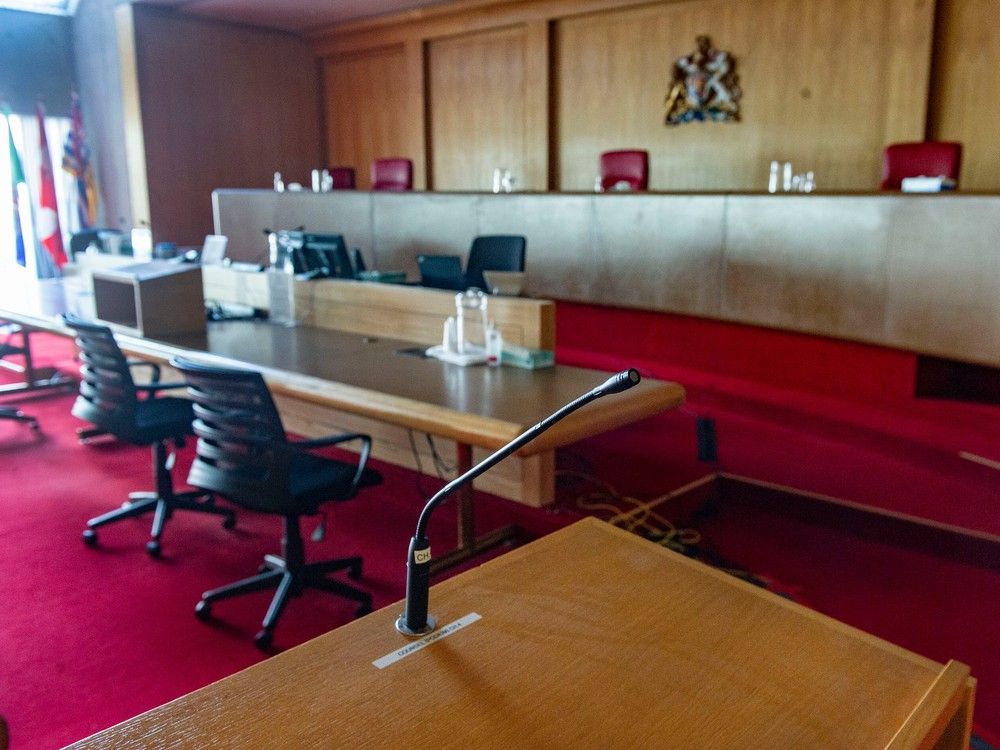
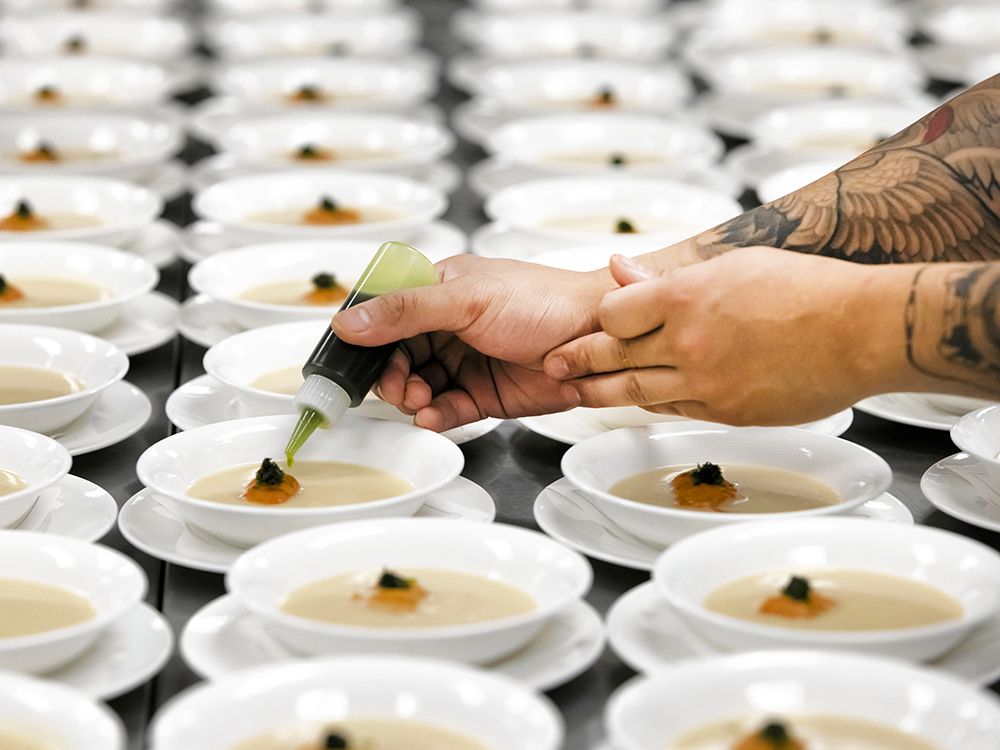
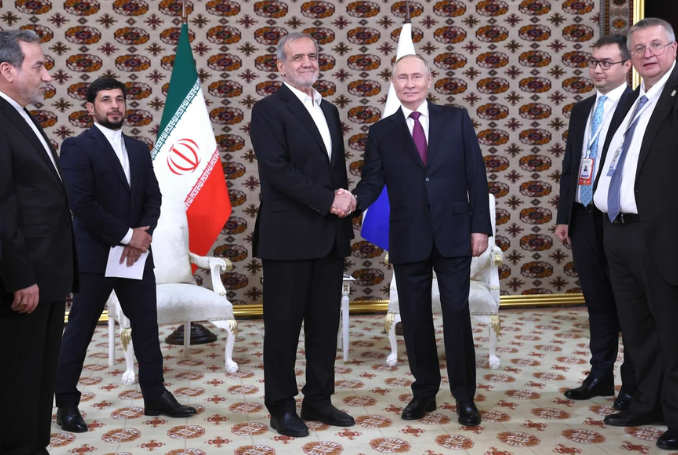
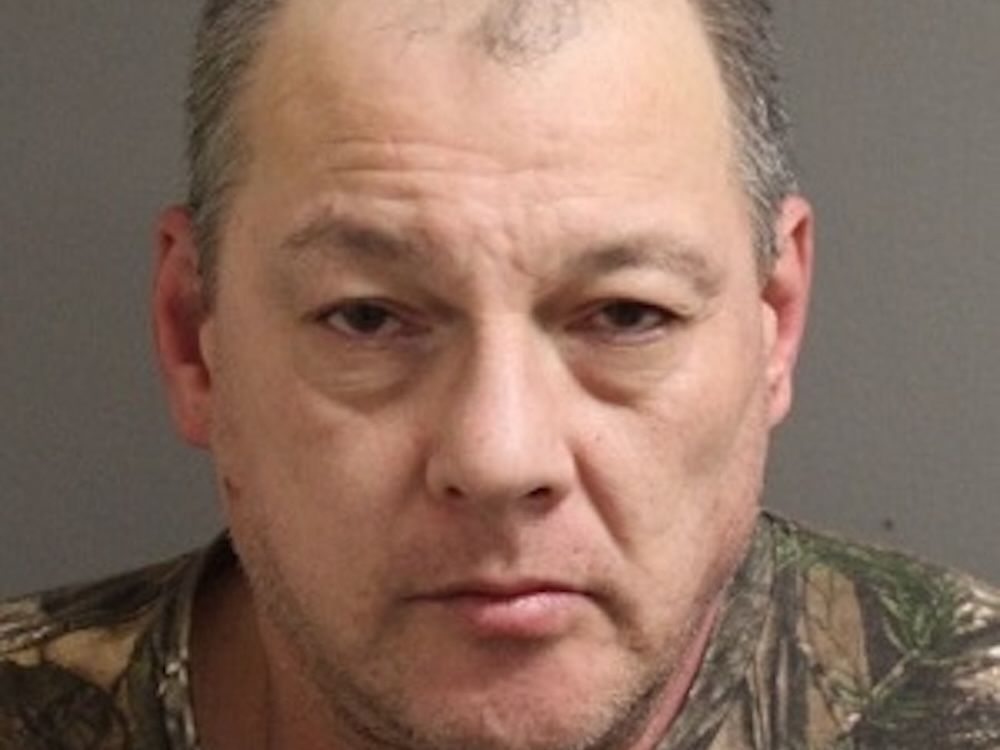

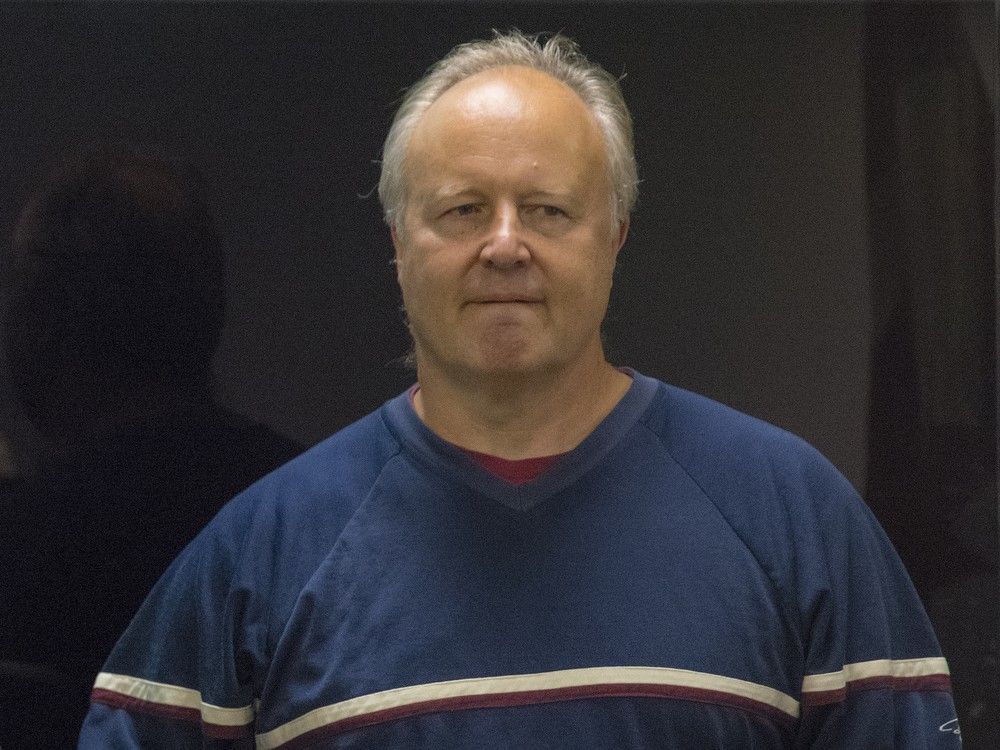


 Bengali (BD) ·
Bengali (BD) ·  English (US) ·
English (US) ·